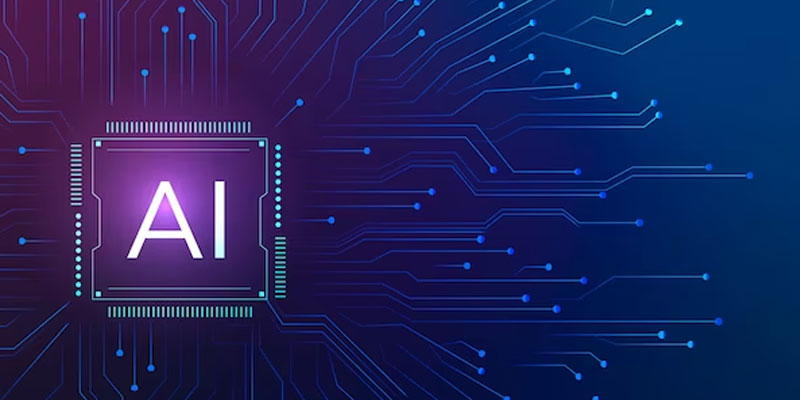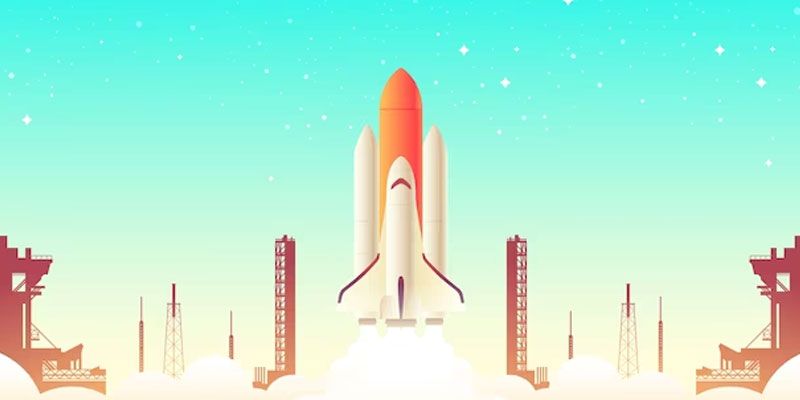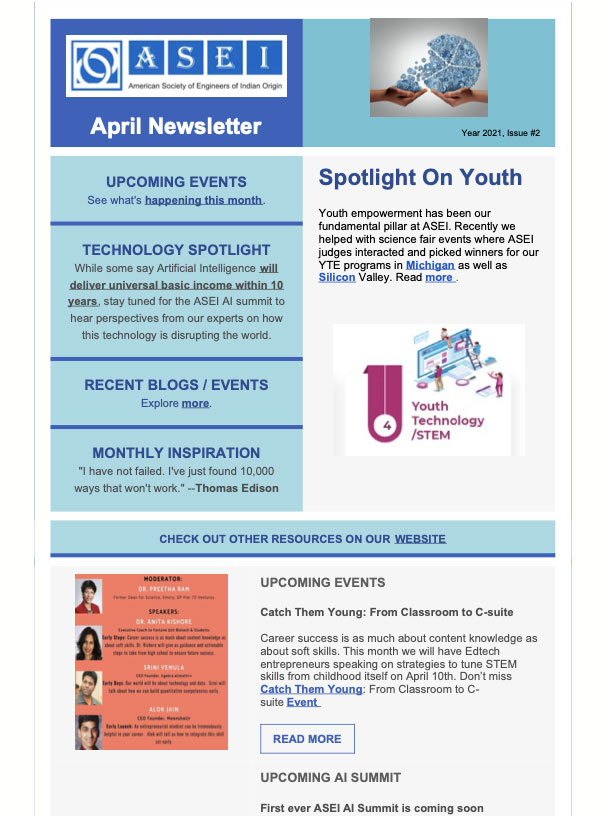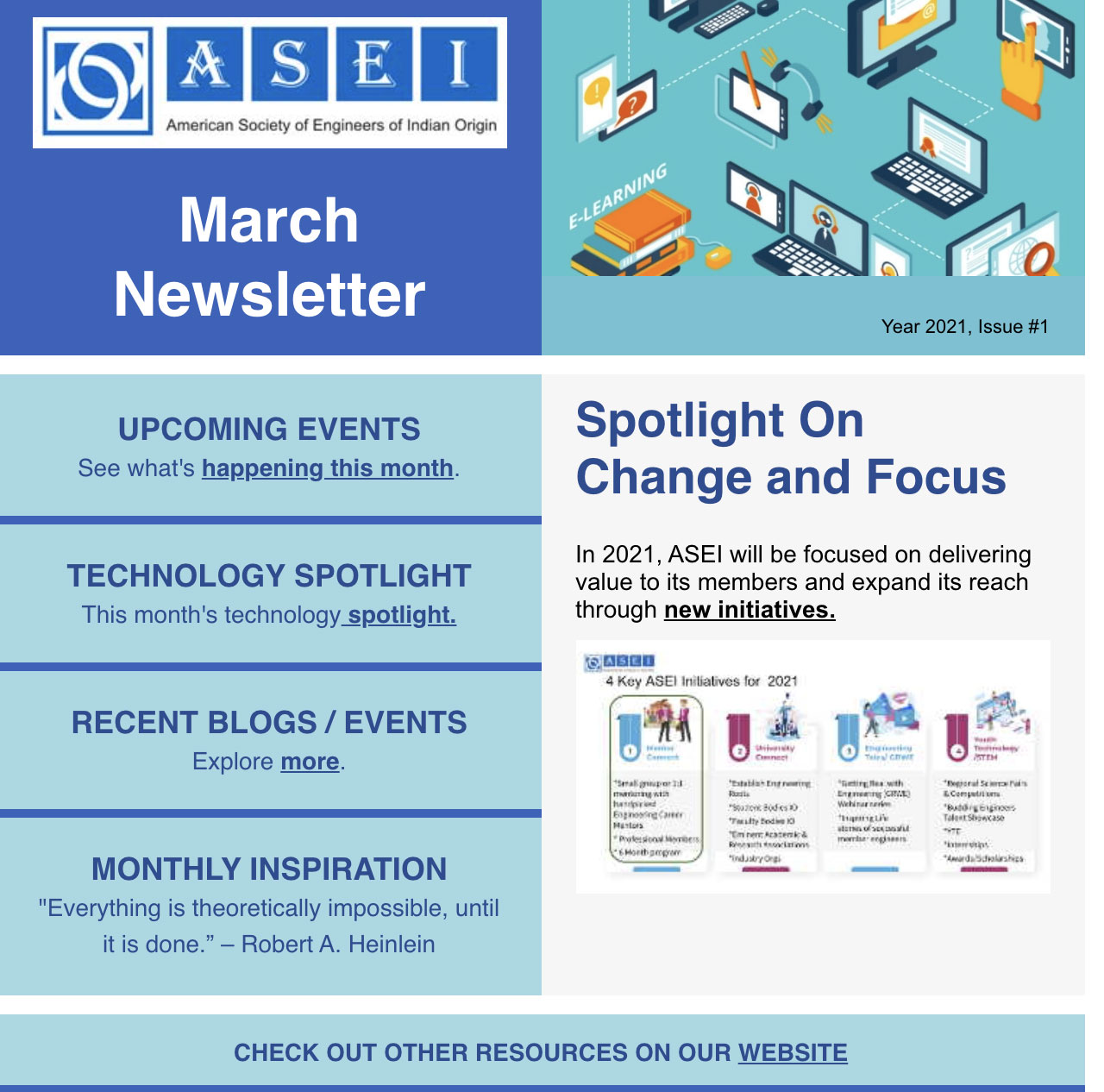CNN reports, “India reported 352,991 new cases of coronavirus, bringing the total to more than 17.3 million cases. This is the sixth day running that India, with a 1.3 billion population, has added over a 300,000 new cases a day —the highest number of cases in a single day anywhere in the world. The country’s death toll also continues to break records, with 2,812 deaths reported on Monday, marking the tenth day in a row of rising figures.”
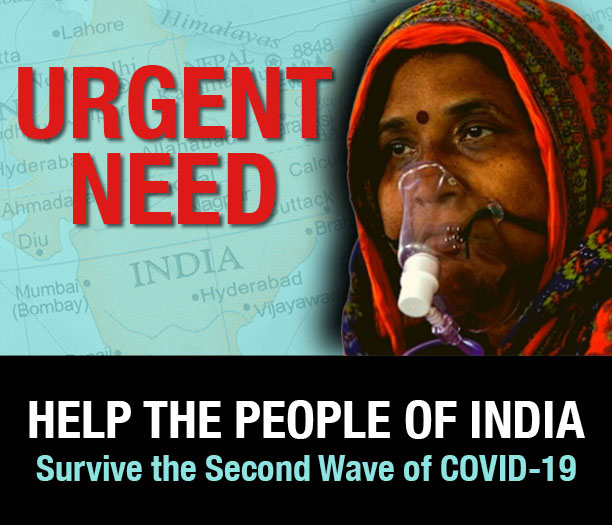
ASEI is deeply anguished at the globally worsening situation with pandemic over the past year but more so as India is now in the eye of the storm with surging cases and shortages of critical medical supplies, oxygen and healthcare facilities. As a group of compassionate technologists we are encouraging all of our members to get involved and help. Here is a list of selected resources that could help someone: This shall be kept updated as the situation evolves
STAY SAFE AND HEALTHY. WE ARE IN THIS TOGETHER!
Informational resources
Crowdsourced information on Covid Relief but mostly good to locate resources in all parts of India .
Delhi has created a microsite for Covid related resources
ART OF LIVING volunteers initiative for _COVID related relief in different cities.
Click on the link below for covid related help and choose the category (Select the head as per your requirement, Then Join the relevant whatsapp group, Exit the group once your problem is resolved.)
Organizations collecting donations to help with covid response
The hospitals in India are overwhelmed by the steep increase in cases, lack of oxygen and ventilators, and shortage of vaccines is making a deadly situation even worse. Please consider supporting these organizations and mutual aid groups
– Khalsa Aid https://www.khalsaaid.org/
– Give India https://lnkd.in/ggwPsy3
– Ongoing Mutual Aid and Fundraisers for COVID-19
– Michigan India Community Services recommends Donate to SEVA International for Oxygen Concentrators
– Donate to Aim for Seva
–Overseas Volunteer for Better India extends its mission by adding Covid relief projects -OVBI
– IIT Alumni have come together for helping through Milaap
-Other portals consolidated for Covide related donations to India here



